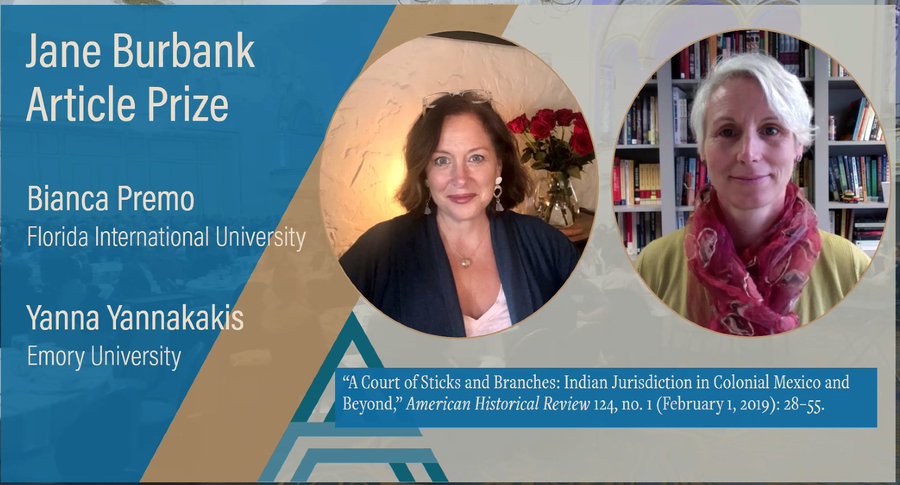
Dr. Carl Suddler, Assistant Professor of History, recently participated in conversation hosted by the Schomburg Center for Research in Black Culture. Titled “Resisting Carceral Cities: Prisons, Police & Punishment in Perspective,” the event centered on the rise of prisons and police and resistance to them in historical perspective. Suddler was joined by Garrett Felber (The University of Mississippi), author of Those Who Know Don’t Say: The Nation of Islam, the Black Freedom Movement and the Carceral State (UNC Press, 2020), and Kelly Lytle Hernandez (UCLA), author of City of Inmates: Conquest, Rebellion, and the Rise of Human Caging in Los Angeles, 1771–1965 (UNC Press, 2017). Suddler is the author of Presumed Criminal: Black Youth and the Justice System in Postwar New York (New York University Press, 2019). Read more about the event here.
